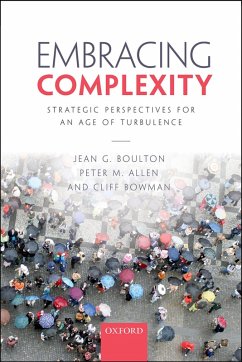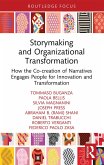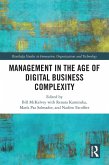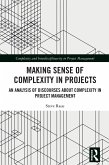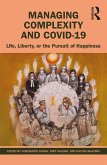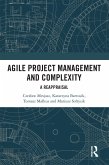The book describes what it means to say the world is complex and explores what that means for managers, policy makers and individuals. The first part of the book is about the theory and ideas of complexity. This is explained in a way that is thorough but not mathematical. It compares differing approaches, and also provides a historical perspective, showing how such thinking has been around since the beginning of civilisation. It emphasises the difference between a complexity worldview and the dominant mechanical worldview that underpins much of current management practice. It defines the complexity worldview as recognising the world is interconnected, shaped by history and the particularities of context. The comparison of the differing approaches to modelling complexity is unique in its depth and accessibility. The second part of the book uses this lens of complexity to explore issues in the fields of management, strategy, economics, and international development. It also explores how to facilitate others to recognise the implications of adopting a complex rather than a mechanical worldview and suggests methods of research to explore systemic, path-dependent emergent aspects of situations. The authors of this book span both science and management, academia and practice, thus the explanations of science are authoritative and yet the examples of changing how you live and work in the world are real and accessible. The aim of the book is to bring alive what complexity is all about and to illustrate the importance of loosening the grip of a modernist worldview with its hope for prediction, certainty and control.
Dieser Download kann aus rechtlichen Gründen nur mit Rechnungsadresse in A, B, BG, CY, CZ, D, DK, EW, E, FIN, F, GR, HR, H, IRL, I, LT, L, LR, M, NL, PL, P, R, S, SLO, SK ausgeliefert werden.

